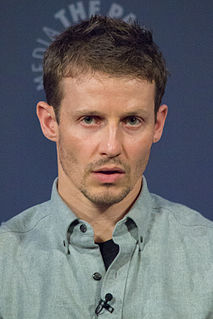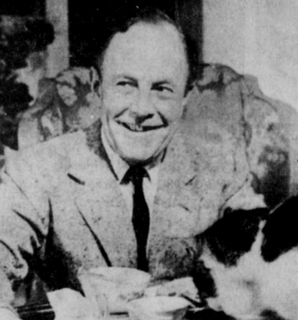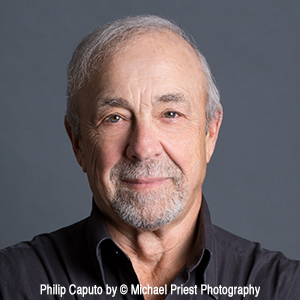A Quote by Thomas Hobbes
He that has most experience [is] so much more prudent than he that is new, as not to be equalled by any advantage of natural and extemporary wit- though many young men think the contrary.
Related Quotes
Young men are as apt to think themselves wise enough, as drunken men are to think themselves sober enough. They look upon spirit to be a much better thing than experience; which they call coldness. They are but half mistaken; for though spirit without experience is dangerous, experience without spirit is languid and ineffective.
For such is the nature of men, that howsoever they may acknowledge many others to be more witty, or more eloquent, or more learned, yet they will hardly believe there be many so wise as themselves, for they see their own wit at hand, and other men's at a distance. But this proveth rather that men are in that point equal, than unequal. For there is not ordinarily a greater sign of the equal distribution of any thing than that every man is contented with his share.
If only we try to live sincerely, it will go well with us, even though we are certain to experience real sorrow, and great disappointments, and also will probably commit great faults and do wrong things, but it certainly is true, thatit is better to be high-spirited, even though one makes more mistakes, than to be narrow-minded and all too prudent. It is good to love many things, for therein lies the true strength, and whosoever loves much performs much, and can accomplish much, and what is done in love, is well done.
If men will permit themselves to think, as rational beings ought to think, nothing can appear more ridiculous and absurd, exclusive of all moral reflections, than to be at the expence of building navies, filling them with men, and then hauling them into the ocean, to try which can sink each other fastester. Peace, which costs nothing, is attended with infintely more advantage than any victory with all its expence. But this, though it best answers the purpose of Nations, does not that of Court Governments, whose habited policy is pretence for taxation, places, and offices.
A fondness for power is implanted in most men, and it is natural to abuse it when acquired. This maxim, drawn from the experience of all ages, makes it the height of folly to intrust any set of men with power which is not under every possible control; perpetual strides are made after more as long as there is any part withheld.
Life in the country teaches one that the really stimulating things are the quiet, natural things, and the really wearisome things are the noisy, unnatural things. It is more exciting to stand still than to dance. Silence is more eloquent than speech. Water is more stimulating than wine. Fresh air is more intoxicating than cigarette smoke. Sunlight is more subtle than electric light. The scent of grass is more luxurious than the most expensive perfume. The slow, simple observations of the peasant are more wise than the most sparkling epigrams of the latest wit.
The unraveling that I experienced much earlier in the Vietnam war than many people think, was due to the immediate foxhole experiences. But once I got back home and began to follow the war on TV and in the press I began to see this enormous con game - I can't think of any other word for it - that government and the military was foisting on the American people, especially on the young men of my generation, and even worse, the young men of my generation who weren't particularly economically or intellectually privileged.
Immigrants to America help us with the work they do. They challenge us with new ideas, and they give us perspective. This is still the nation that more people around the world want to come to than any place else. That has to tell us something about ourselves. If around the world this is the place people want to come to so much, maybe there's more here than many of us realize-and that many of us can take advantage of.







































